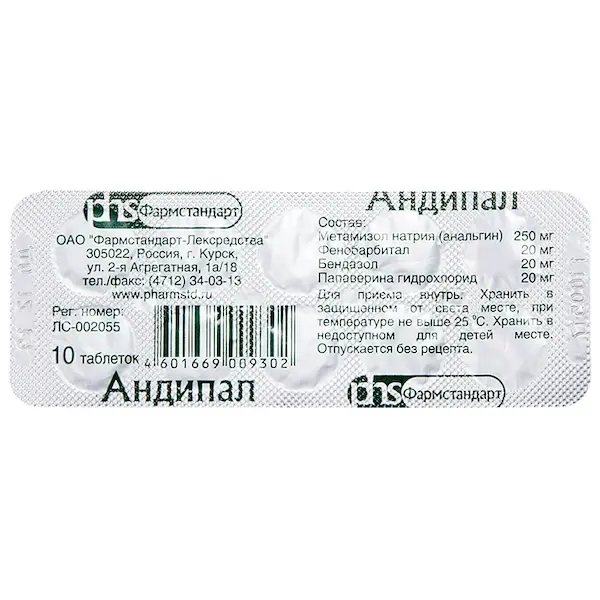Description
Trimedat Pharmacodynamics
Trimebutine, acting on enkephalinergic system of intestine, is a regulator of its peristalsis. Acting on peripheral ?-, ?- and k- receptors, including those located directly on the smooth muscles throughout the gastro-
gastrointestinal (GI) tract, it regulates motility without affecting the central nervous system. Thus, trimebutin restores normal physiologic activity of the GIT muscles (esophagus, stomach, intestines, biliary tract) in various GIT diseases related to motility disorders (it has stimulating effect in hypokinetic states and spasmolytic – in hyperkinetic states).
Normalizing visceral sensitivity, trimebutine provides analgesic effect in abdominal pain syndrome.
Indications
Symptomatic treatment of pain, abdominal cramps and discomfort, bloating (flatulence), bowel motor disorders with a change in stool frequency (diarrhea or constipation), dyspepsia, heartburn, belching, nausea, vomiting, associated with functional diseases of the gastrointestinal tract and biliary tract (non-erosive form of gastroesophageal reflux disease, gallstone disease, biliary tract dysfunction, irritable bowel syndrome, sphincter Oddi dysfunction, post-cholecystectomy syndrome).
Postoperative paralytic ileus.
Contraindications
Hypersensitivity to the components that make up the drug.
Lactase deficiency, lactose intolerance, glucose-galactose malabsorption.
Childhood age under 3 years (for this dosage form).
Pregnancy .
Precautions for use
Trimedat should be used with caution during breastfeeding, since there are no data on its ability to penetrate into breast milk.
Use in pregnancy and during breast-feeding
No data on teratogenicity and embryotoxicity of the drug were found in experimental studies. Nevertheless, due to the lack of necessary clinical data, the use of Trimedat during pregnancy is contraindicated.
It is not recommended to prescribe Trimedat during lactation due to the lack of reliable clinical data confirming the safety of the drug during this period. If it is necessary to use the drug during lactation, breast-feeding should be discontinued.
Directions for use and dosages
- Orally.
- Adults and children from 12 years: 100-200 mg 3 times a day. To prevent relapse of irritable bowel syndrome after the last course of treatment in remission, it is recommended to continue treatment at a dose of 300 mg per day for 12 weeks.
- Children aged 3-5 years: 25 mg 3 times a day. Children 5-12 years old: 50 mg 3 times a day.





